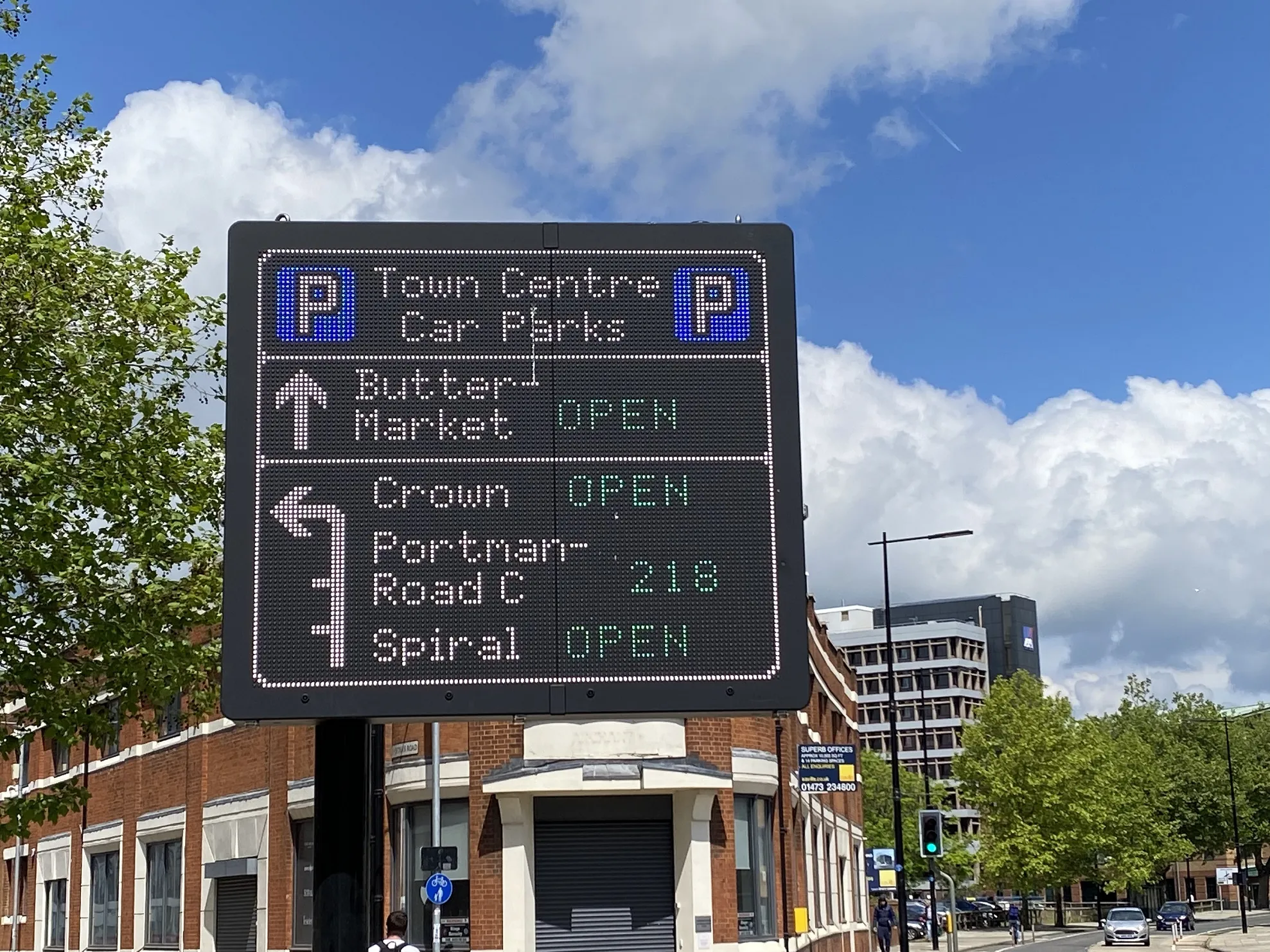Dutch company Nedap has installed its parking sensors as part of the Polish Tristar intelligent transportation systems (ITS) project, which aims to improve congestion, parking and public transport information in the Polish cities of Gdansk, Sopot and Gdynia, known as Tri-City.
Nedap’s Sensit wireless parking sensors detect the occupancy of an individual parking bay in real-time. Parking solutions integrator Green Center deployed the cities’ parking guidance system utilising Nedap’s Sensit wireless parkin
February 10, 2016
Read time: 1 min
Dutch company 3838 Nedap has installed its parking sensors as part of the Polish Tristar intelligent transportation systems (ITS) project, which aims to improve congestion, parking and public transport information in the Polish cities of Gdansk, Sopot and Gdynia, known as Tri-City.
Nedap’s Sensit wireless parking sensors detect the occupancy of an individual parking bay in real-time. Parking solutions integrator Green Center deployed the cities’ parking guidance system utilising Nedap’s Sensit wireless parking sensors, which detect the occupancy of an individual parking bay in real-time. The parking guidance system uses this real-time information to guide drivers to available parking spaces via dynamic signs along the roads.
According to Nedap, implementing its sensors with Green Center’s parking guidance system had improved the traffic flow in the Tri-City, delivering less congestion and pollution while optimising parking and enforcement.
Nedap’s Sensit wireless parking sensors detect the occupancy of an individual parking bay in real-time. Parking solutions integrator Green Center deployed the cities’ parking guidance system utilising Nedap’s Sensit wireless parking sensors, which detect the occupancy of an individual parking bay in real-time. The parking guidance system uses this real-time information to guide drivers to available parking spaces via dynamic signs along the roads.
According to Nedap, implementing its sensors with Green Center’s parking guidance system had improved the traffic flow in the Tri-City, delivering less congestion and pollution while optimising parking and enforcement.









